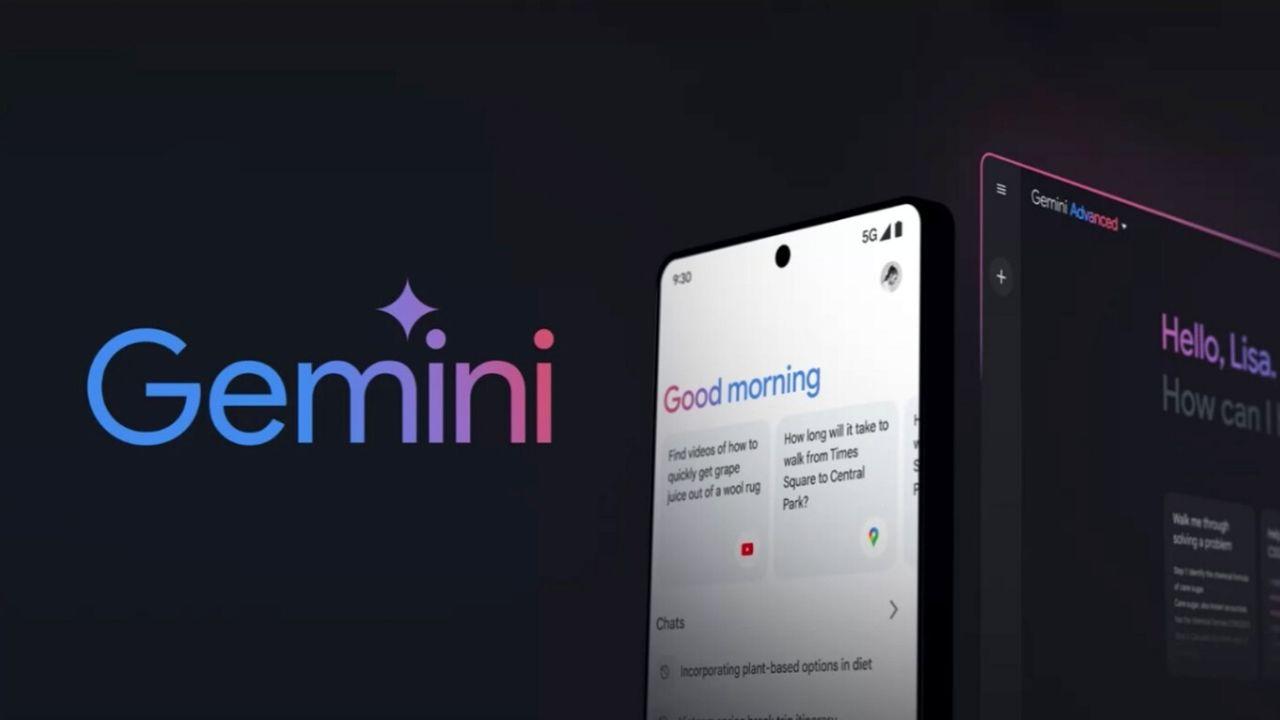Amazon is one of the most used websites. Not only does it allow us to buy what we want with a click, but it also offers other services, such as Amazon Prime to watch television content or Amazon Web Service to store your files in the cloud. Its success has led to thousands of scammers pretending to work for the platform and stealing your money when you trust it.
The possibilities with which fraudsters can pass themselves off as managers of the North American company are endless. From phishing through fraudulent emails to web pages identical to the platform so that you buy thinking that it is a safe transaction. Although one of the most common forms of fraud is receiving a fraudulent SMS that asks us to invest money in exchange for exorbitant rewards.

250 euros for an extra salary
The new SMS scam consists of a message from the number 683789642 that asks us to invest 250 euros in exchange for an extra salary of 1,500 euros per month from the moment of investment. It seems like a generous offer, too generous, and it is a massive scam in which a Bot sends emails to a huge list of phone numbers, so if you have received the message, you are not the only one.
Get a SECOND SALARY! Invest €250 NOW in AMAZON STOCKS, FOR YOU €1500 extra every month. REPLY OK for info!”
If you receive it, please do not reply. It is best to directly block the emissary. And if it is too late and you have provided personal data, report it to the police to avoid greater harm. The forums are full of people who have received the SMS and notify other members.
How to know if a message is from Amazon?
Amazon will never ask you for personal information by email or SMS. In turn, Jeff Bezos’ company will also not ask you to update payment information that is not linked to an Amazon order that you have placed or subscribed to. From the official site, you can access My orders, where all the requested messages are reported. If you are not prompted to update your payment method there, the message you just received is not from Amazon.
Sometimes the message may appear to be true, but it is an imitation. Emails can be easily forged as they can mimic characters like an “I” with an “l”. All emails sent by Amazon end with @amazon.es (depending on the country), such as shipping-tracking@amazon.es or auto-confirm@amazon.es. In the case of SMS, they are generic and you should not worry too much about receiving them, since they are usually automated numbers that send several SMS and play with one of the recipients hitting.













